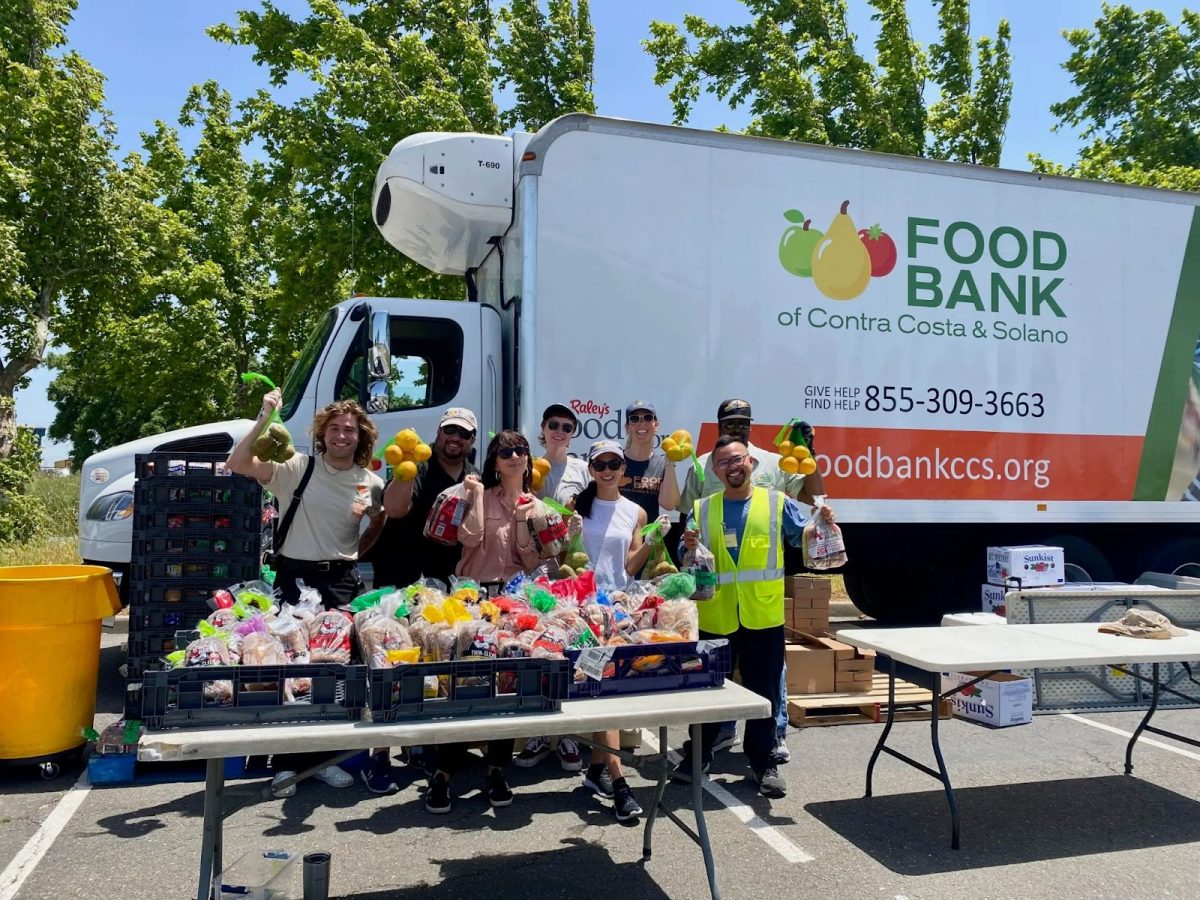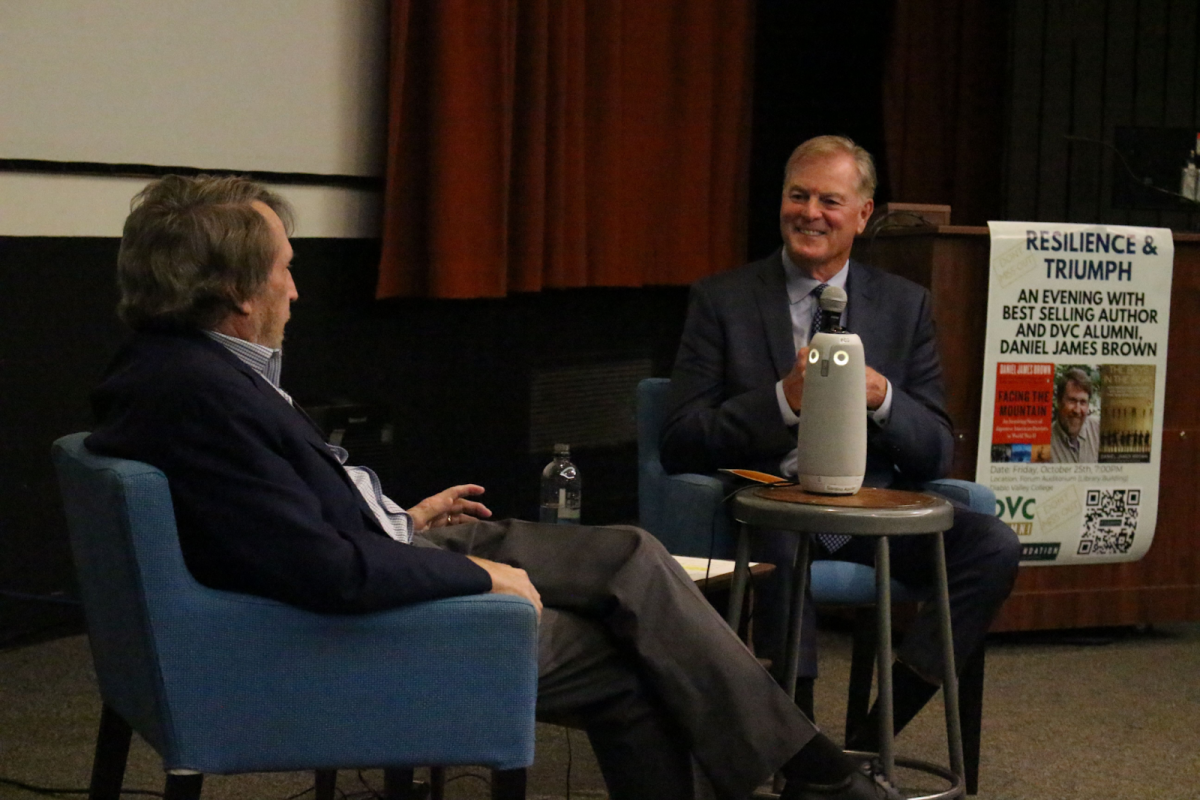Every time Erin McDermott, 21, gets a whiff of diesel fuel, she remembers Cape Town. It’s the smell that greeted her when she stepped off the plane and into South Africa.
Her job with “Hoops for Hope” was to play basket ball four days a week with children from different communities in Cape Town.
“Working with the kids made the trip much more enjoyable, she says. “You weren’t in an office. You were out there in the community [where] they could see you, they could talk to you.”
McDermott earned an African name that means “special guest” through an initiation in which she had to eat a sheep’s head, drink a paint can full of beer (which she describes as like “curdled milk… watery but with flaky floaties on top”) and to spend a night in the township.
McDermott was one of 14 students who traveled to South Africa last summer with DVC instructor Lenore Gallin for a four-week study abroad program during which the group did humanitarian volunteer work and took side trips on their days off.
Gallin says she chose South Africa, because she wanted students to participate in the rebuilding of the country.
“As an anthropologist, the world is my classroom,” Gallin says, “and the need for self determination and human dignity transcend national boundaries and course outlines.”
Alyssa Freeman, 21, ventured out one weekend with her sister (also in the program) and friend Dean Marcic. They rented a car and drove nine and a half hours to Jeffrey’s Bay, a South African surfing mecca.
The students stayed in hostels along the way, one of them an old, abandoned train turned into a hostel on the beach. After a couple of hours sleep, they drove on to Jeffrey’s Bay, which was getting ready for a surf pro.
“The beaches were so nice,” Freeman says. “Nothing like you would see here. The waves were huge. They were big, white sand beaches.”
Marcic, 22, says going to Cape Town is “stepping out of the boundary of western civilization.”
On his third day, he got mugged and lost the equivalent of $20.
“I learned,” he said. “Don’t go on the train past sunset, try not to walk around after sunset, be home or in a large group past sunset.
Most homes or “shacks” in the townships, Marcic, says, are dilapidated and made of recycled materials found lying around. Yet, despite the difficult environment and low quality of living, the inhabitants appreciate what they do have.
“The kids come from nothing, and they still had the biggest smiles on their faces,” Marcic says. “I think that’s missing from our culture.”
Erin Moriarty, who worked as a volunteer at a Red Cross center, sums up the trip with one word: “Incredible.”
“Sometimes it was hard to look at or do what we were doing,” she says. “There were children with AIDS and burn victims.”
Moriarty’s job was to provide palliative care and play with the children to brighten their day.
“It was the most rewarding thing I’ve ever done,” she says.
Gallin will lead another trip to South Africa this summer, June 15 – July 20. The cost of the trip varies from $3,145 to $3,355.
Gallin has scheduled information workshops at 2:00 p.m., March 9-12, at LA 118. For more information, call Lenore Gallin 925-685-1230 x 2772 or by email at [email protected].











































































